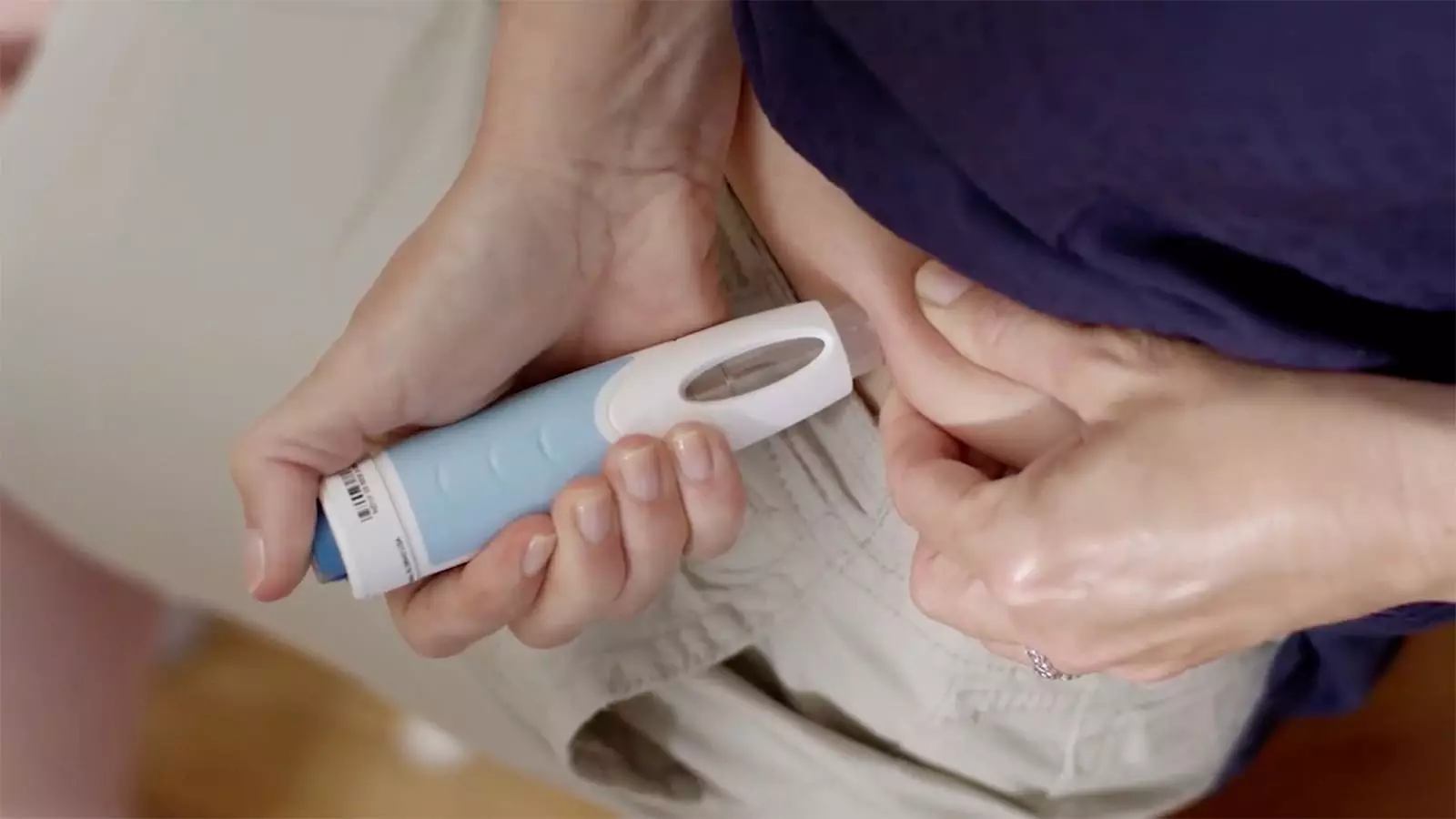Inflammatory markers associated with rheumatoid arthritis (RA) can be reduced and progression to a formal diagnosis can be prevented, at least temporarily, with a 6-month course of abatacept (Orencia), according to a recent placebo-controlled trial. The trial, called ARIAA, showed that while 35% of the control group developed RA during the treatment period, only 8% of the abatacept group did. In addition, MRI scans revealed significant improvement in inflammation in patients receiving abatacept compared to those in the placebo group.
This is the second study to demonstrate the potential of abatacept in stopping the progression of preclinical or pre-RA. Another study presented at the European Alliance of Associations for Rheumatology (EULAR) annual meeting reported that abatacept taken for 1 year reduced the risk of formal RA diagnosis by 80% in patients with pre-RA. The researchers behind ARIIA and APIPPRA, the previous study, explained that overactive T cells play a crucial role in the early development of RA pathology, and abatacept is unique among RA drugs in targeting this pathway.
Early intervention to block the further development of joint pathology in patients with early signs of RA has been a long-standing goal in rheumatology. While many studies have emphasized the importance of aggressive treatment once RA is diagnosed, starting biologic therapy without a formal RA diagnosis was never recommended. However, with the promising results from ARIAA and APIPPRA, new possibilities for earlier preventive interventions in rheumatoid arthritis have emerged.
The patients enrolled in ARIAA had a history of joint pain without any joint swelling. However, they did show subclinical synovitis, tenosynovitis, or osteitis in the dominant hand. A total of 98 patients were randomized, with an average age of around 50 and more than two-thirds being women. The participants were divided equally to receive either abatacept or placebo injections for 6 months. The primary outcome measured was the responder rate for MRI-quantified hand joint inflammation at 6 months, and the patients were followed for an additional 1 year for clinical outcomes.
The results showed that 57% of the patients receiving abatacept showed improvement in hand joint inflammation compared to 31% in the placebo group. This difference in improvement remained substantial and statistically significant even at month 18, although the percentages had slightly decreased by then. However, it should be noted that at month 18, 35% of the abatacept group and 57% of the placebo group had progressed to full-blown RA, indicating that the treatment effect wasn’t durable once the dosing ended.
Although the treatment showed promising results in preventing the progression of RA, it is crucial to consider safety concerns. However, both ARIAA and APIPPRA reported minimal safety problems, with serious adverse events being less common than in the placebo group. This suggests that continuing the therapy indefinitely might be a viable option.
The researchers behind ARIAA were encouraged by the findings, as the 6-month course of abatacept not only improved symptoms and MRI signs of inflammation associated with pre-RA but also inhibited progression to clinical disease in a sustained manner. This suggests that the treatment could be a promising option for earlier preventive interventions in rheumatoid arthritis.
Abatacept has shown promise in reducing inflammatory markers and preventing the progression to formal RA diagnosis in patients with persistent joint pain. The unique mechanism of action of abatacept, targeting overactive T cells, sets it apart from other RA drugs. Although the treatment effect may not be durable after dosing ends, the results from ARIAA and APIPPRA offer new possibilities for earlier preventive interventions in rheumatoid arthritis. Further research is needed to understand the long-term benefits and risks of abatacept and to determine if it can permanently prevent the development of chronic RA.


Leave a Reply